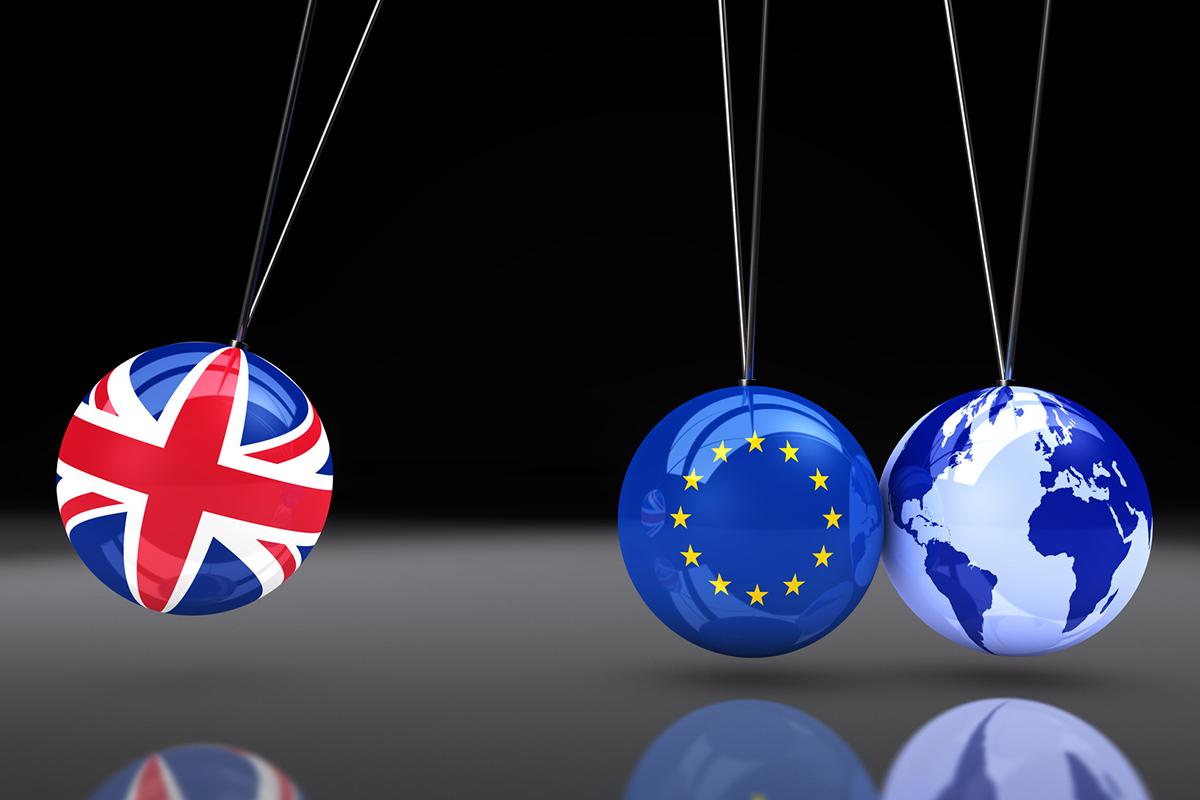With war in Ukraine, war in the Tory party for whom will be Prime Minister and the cost of living waging its own war on consumers wallets, Brexit has fallen from the headlines – although it may well be the root cause of at least two of these wars – but its impact is being felt across retail.
Research from RetailX’s Sector Reports from the first half of 2022 paints an interesting picture of just how several key sectors have faired since the implementation of Brexit in 1 January 2022 – and it offers worrying reading.
The luxury sector, consumer electronics and fashion have all had issues with Brexit, most around supply chains and cross-border trade, but also in more subtle ways on talent and even financing.
The problem for UK luxury brands comes when shoppers are shopping elsewhere in the EU – they are likely to buy from EU brands in the EU where they can not only claim back their VAT, but they can also get a better price, as UK brands will be subject to quotas and tariffs for selling there.
This, believe the Centre for Economic and Business Research, will drive Asian luxury shoppers to buy European luxury brands – a potentially big problem.
Fashion, meanwhile, VAT, paperwork, costs of materials, as well as tariffs on goods sold overseas have also impacted this sector quite severely. Again, EU fashion brands and retailers have benefitted.
In consumer electronics the problem has been one of regulation. The EU CE safety and quality mark is still needed for sales in Europe, but anything being sold in the UK now has to meet similar, but slightly different, regulations imposed by The UK Conformity Mark.
This process adds a new layer of regulatory complexity for manufacturers and sellers of consumer electronics within the UK and the EU, as they have to be passed by both authorities. This slows down bringing items to market, as well as impacting those that want to import goods manufactured outside of both the UK and EU into both markets.
On the upside, markets outside of Europe are likely to open up for UK goods in all these categories, but only if the UK can keep costs down. And with raw materials, energy, wages and shipping costs all rising, this could yet become a bigger issue than just the impact of Brexit.









